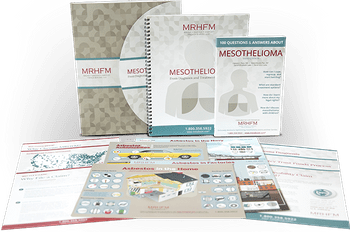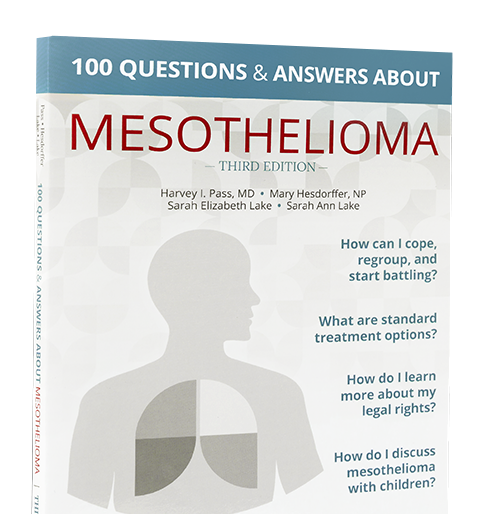Immunotherapy is a type of treatment that boosts the body’s natural defenses (its immune system) to fight cancer. In recent years, immunotherapy treatments for mesothelioma have been available through clinical trials and have shown promising results. Many doctors are now using immunotherapy drugs as treatment for mesothelioma.
If you have been diagnosed with mesothelioma and would like to learn more about emerging treatments like immunotherapy, our team of mesothelioma advocates can provide more information about immunotherapy or help connect you to clinical trials or physicians.
How Immunotherapy Works
Normally the body’s immune system would recognize that mesothelioma cells are “foreign” and would quickly attempt to kill them. Mesothelioma tumors, however, grow quickly and metastasize (spread) at a high rate, making it difficult for the immune system to attack. Immunotherapy provides a boost in the immune system, which makes it stronger and helps it target mesothelioma cells more effectively. These “targeted treatments” may be beneficial because they only attack the mesothelioma cells and cause no unintended damage to healthy cells.
Immunotherapy is now FDA approved for treating Mesothelioma
There are several immunotherapy drugs in current mesothelioma clinical trials or being used for treatment:
-
Ipilimumab (Yervoy)*
-
Nivolumab (Opdivo)*
-
Pembrolizumab (Keytruda)*
-
Atezolizumab (Tecentriq)
-
Tremelimumab
-
Bavencio (Avelumab)
-
Sunitinib Malate (Sutent)
-
Bevacizumab
-
Emactuzumab
-
Nintedanib
*FDA approved immunotherapy drugs for treating mesothelioma





